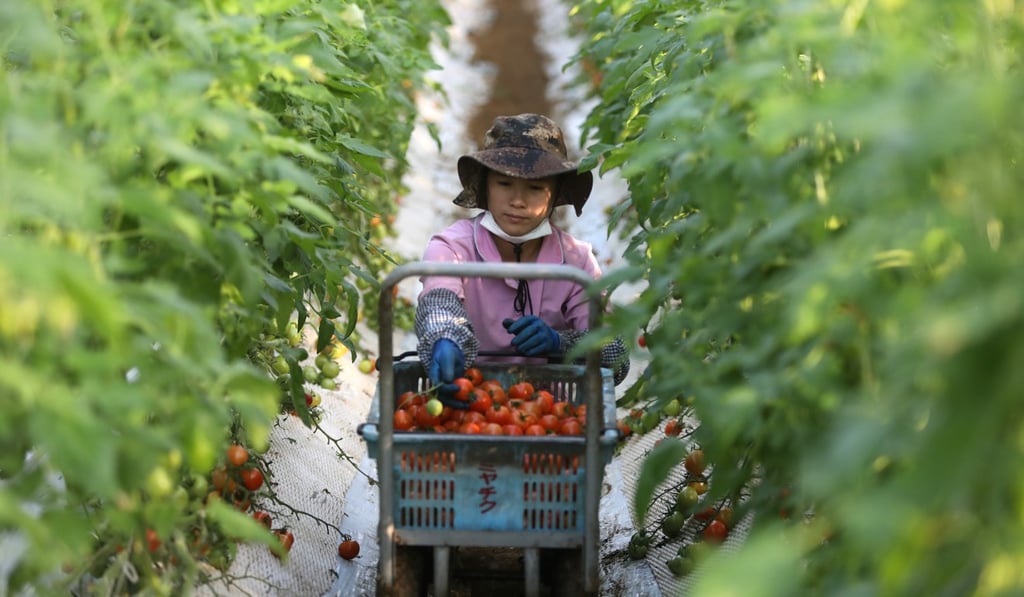Shinzo Abe’s legacy: a stagnant economy, loyalty to Donald Trump, deepening rivalries with China and the two Koreas – and the longest tenure as PM
- Shinzo Abe has failed to resolve old grievances or revitalise the economy ahead of the coming population crunch. His dream of a constitutional revision is also a long shot, yet he has served longer than any PM in Japan’s history

Japanese media featured smiling shots of Shinzo Abe, who has just broken all records to become Japan’s longest-serving prime minister, at 2,887 days and still going strong, striding atop Japan’s political scene like a real-life colossus.
For all the celebrations of Abe’s record-breaking past, the real questions are for the future: what is Abe doing with his power and how is he preparing an ailing Japan for the challenges of an uncertain future.
If you take a simple snapshot of Japan today, life seems sweet: optimists point to great social stability, relative equality by the standards of other rich countries, continuing economic growth and high employment inside a stable system where most people feel they are middle class. It is an island of prosperous stability in a difficult world. A friend who is head of one of Japan’s big banks complained that he was earning just US$1.25 million, whereas Wall Street friends and rivals receive more than 20 times as much.
Where Japan’s economy should be responsive to changing times, it is set in its ways. Abe has tried to encourage key changes, such as raising wages and bringing women into executive positions, and failed. Women are mostly joining the workforce in low-paid and part-time jobs. Corporate Japan clings to its profits rather than investing in workers or cutting-edge technology.

